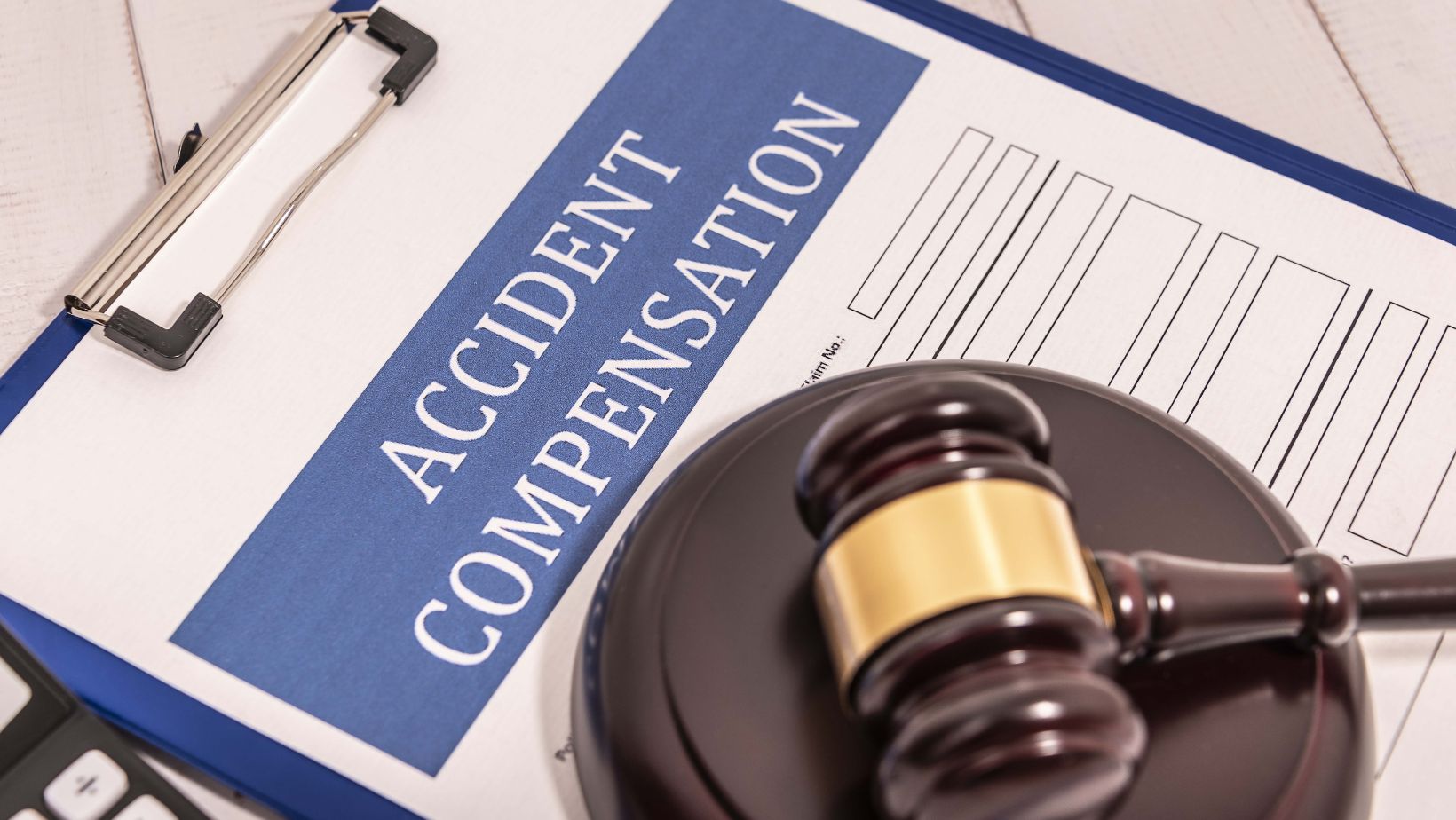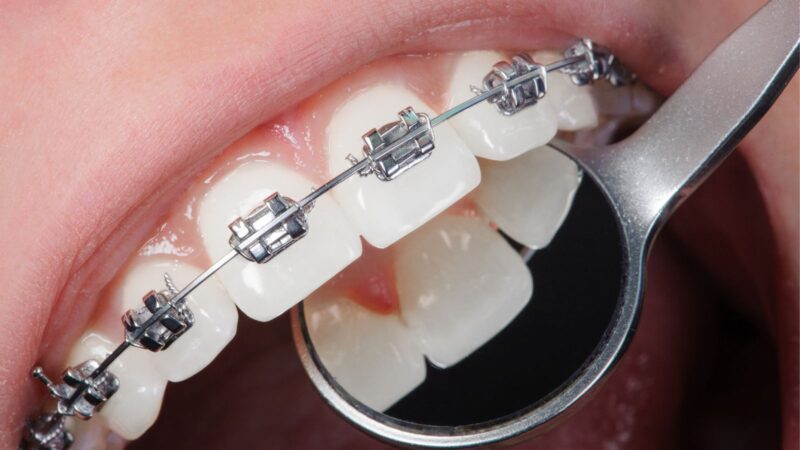
Most veterans are familiar with filing claims for a direct service-connected medical condition. However, a secondary disability claim is another avenue that allows veterans to receive compensation.
Have Substantial Medical Evidence
Many veterans have health issues that stem from or aggravate other conditions. This is a secondary condition and valid claimable for VA disability compensation. Some examples of secondary conditions are headaches, GERD, or insomnia. However, it’s important to note that this list is not exhaustive. Any health issue could be considered secondary if you prove it links to your primary service-connected condition.
You must have substantial medical evidence of your two conditions for a thriving secondary claim. This means you need a nexus opinion from your doctor, PA, or nurse practitioner that shows the link between your original service-connected condition and your secondary condition. VA disability secondary conditions are medical conditions that resulted from or were made worse by an existing service-connected condition. For example, a broken ankle that developed arthritis.
Proper medical evidence of your secondary condition will help you get the appropriate disability rating. This is why it’s essential to work with a trusted disability attorney or your Veterans Service Officer when filing a claim for a secondary condition.
Have a Nexus Letter
A medical nexus letter is often the most critical evidence supporting a veteran’s claim for disability benefits. A nexus letter is written by an independent healthcare provider who reviews the veteran’s medical records and examines their symptoms to provide an opinion that explains how they believe the current condition is related to the in-service injury or exposure.
A nexus letter should be based on medical research establishing a clear connection between the two conditions. For example, a nexus letter can describe how a service-related injury or illness may have caused or aggravated a secondary health issue such as sleep apnea or depression.
A nexus letter should also include private medical records, a statement from the patient, and references to medical research that support the author’s conclusions. It is essential to have a medical professional who understands the disability process write the nexus letter, as this will hold more sway with C&P examiners and VA rating officials.
Have a Doctor’s Opinion
When filing a claim for a secondary condition, the veteran must have medical evidence to support their case. This can be in service treatment records, private medical records, or a nexus letter.

A nexus letter is a medical professional’s written opinion that shows a direct link between the primary disability and the secondary condition. It is a crucial piece of evidence in the VA disability benefits claim process.
For example, a veteran who suffers a knee injury in service may develop arthritis later. This arthritis is a secondary condition that may qualify for additional review and compensation from the VA.
This also applies to mental injuries that result from a physical injury, such as depression from chronic pain. To be awarded a combined rating, the secondary condition must be found to be at least as severe as the original service-connected disability. This is done through a C&P exam and evidence submission.
Have a Statement from a Friend
The process can be complex and confusing for many veterans, particularly when it comes to secondary conditions. However, understanding what a secondary condition is and how to file for it can help make the claims process more accessible and ensure that veterans receive the rating and compensation they deserve.

A secondary condition is a medical illness, injury, or syndrome caused by or aggravated by your service-connected disability. This can include a condition that develops later in life, such as arthritis from a knee injury that was initially service-connected.
When filing for a secondary condition, you must have substantial evidence to support your claim. This includes having a nexus letter that shows how your service-connected condition led to or aggravated the new health problem. This letter can significantly improve your chances of getting approved for your secondary condition. This is why it’s essential to work with an experienced veteran disability advocate.












